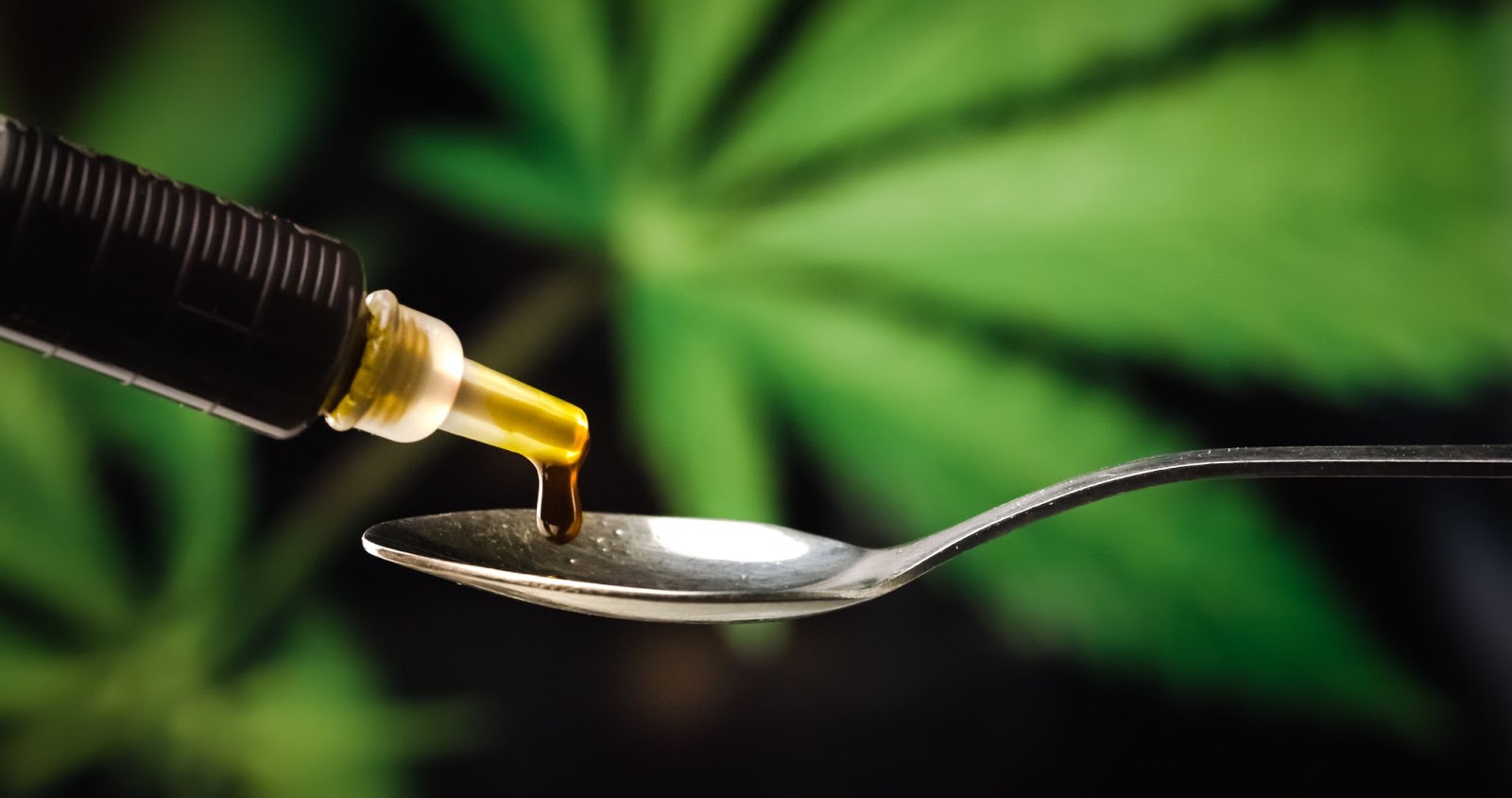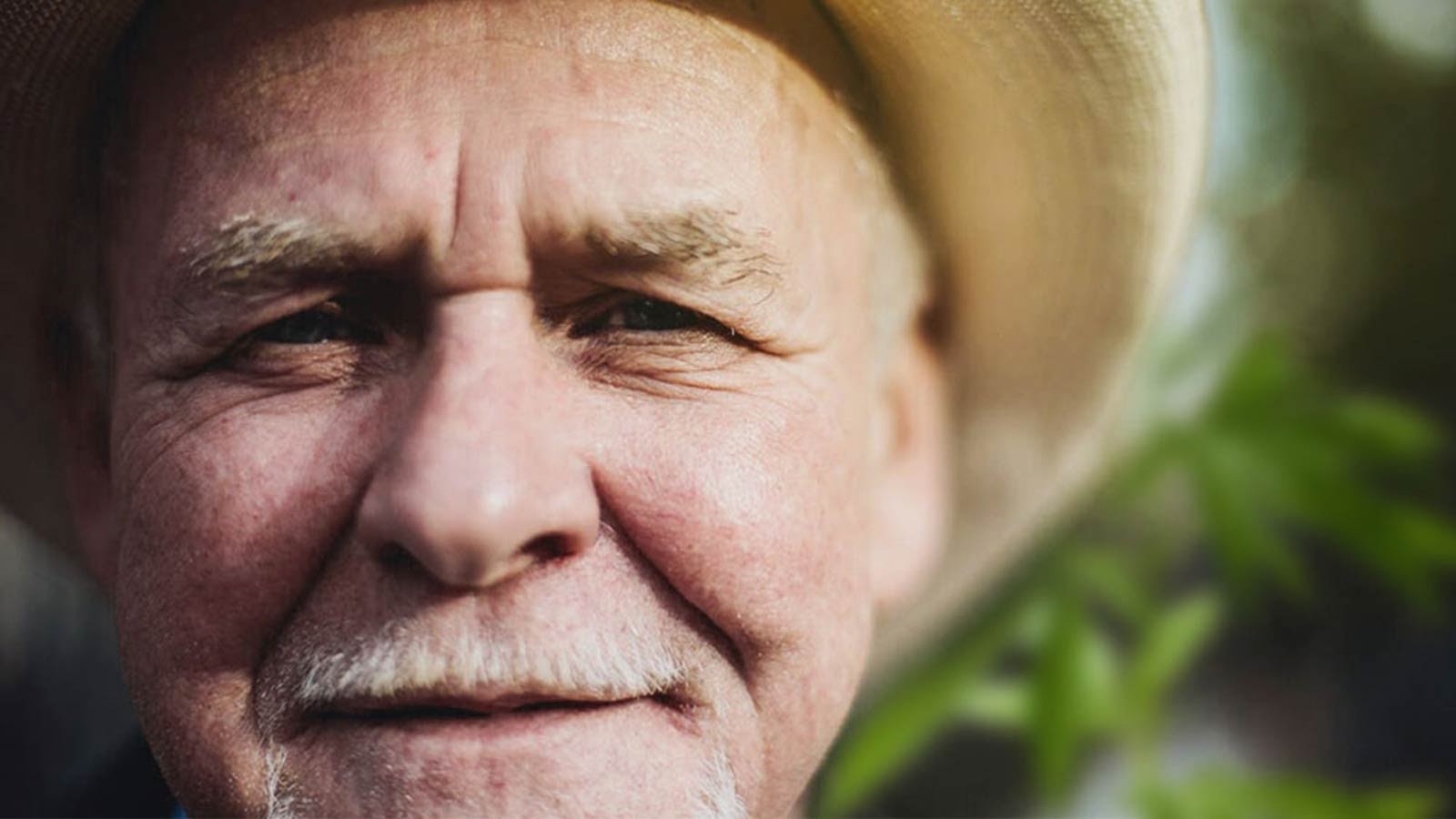
Disclaimer: This article is intended for informational purposes only. It is not intended to give medical advice. Always consult with your physician.
Marijuana is known to treat many health ailments, but one activist in particular claims it even cured his cancer.
Rick Simpson Oil (RSO) is a thick, syrup-like, and highly potent cannabis extract. It gained popularity when its creator, Rick Simpson, touted that his cannabis concoction cured his health problems, including tinnitus, headaches, and cancer. Since 2003, Simpson has dedicated his life to helping thousands of medical patients through the power of cannabis.
A Brief History on RSO
Rick Simpson is known today as a prominent cannabis activist and cultivator. However, before he became a cannabis oil pioneer, he was working as an engineer. In 1997, Simpson fell from a ladder after becoming unconscious from toxic fumes. From this experience, he suffered from frequent headaches and ringing in the ears. When he sought treatment, he found that the doctor’s conventional methods had little to no effect. In some cases, it made his symptoms worse. That’s when Simpson decided to explore alternative treatments and discovered the healing powers of medical marijuana. Once he started using it, he found the relief he had been desperately seeking.
A few years later, Simpson was diagnosed with skin cancer. Around this time, he read a study in the Journal of the National Cancer Institute which showed THC had the ability to eliminate cancer cells in mice. Wanting to avoid radiation treatment, he developed his own cannabis extract, which he used topically on the bumps.
Four days later, Simpson found the cancerous growths had disappeared. Since then, he has dedicated his life to spreading the word of his cannabis oil, later called Rick Simpson Oil after himself.
What is Rick Simpson Oil?
RSO is cannabis extract made using a solvent, typically 99% isopropyl alcohol, to extract the cannabinoids from the marijuana buds. The alcohol is then evaporated, leaving behind the highly potent oil.
RSO is not a branded product, meaning there isn’t one specific or exact formula. However, some brands have made their own versions of RSO, which can be found at dispensaries. As a token of his character, Simpson never trademarked or copyrighted his namesake oil, believing that it should be available to anyone seeking medical treatment. His website even explains how to make it.
How to make Rick Simpson Oil?
RSO is relatively simple to make and requires few materials. For best results, Simpson recommends using pure Indica strains because it “produces the sleepy sedative effects that aid in healing the patient’s body and causes the patient to relax while this is taking place.”
If you plan on making your own RSO, be sure the area you’re working in is well ventilated. Additionally, make sure there are no sparks or open flames, which could cause the fumes from the solvent to ignite.
You can find the full details on how to make RSO on Simpson’s website, Phoenix Tears. His recipe makes 60 grams of oil, which is suitable for a 90-day treatment regime. However, if you’re looking for a shorter treatment plan, you can divide the recipe. For example, one ounce of cannabis will make roughly 3-4 grams of oil.
Learn how to make RSO oil here.
How to use RSO?
RSO is an excellent option for medical patients because it’s discrete, odorless, and can be taken in three ways. Firstly, it can be applied topically, meaning onto the surface of the skin. Second, it can be taken sublingually, meaning placed under the tongue. This has an especially fast absorption rate. Lastly, it can be taken orally, meaning digested with food or beverages. This takes the longest to absorb but has the longest-lasting effects.
Potential benefits and risks
Currently, there have been no scientific studies that prove RSO to be effective. This has caused some controversy among physicians and health professionals that critic Simpson for his unbacked claims. Despite this, Simpson has his fair share of defenders that use their personal experiences as anecdotal evidence for the oil’s healing properties. Some claim RSO has helped treat skin cancer, depression, chronic pain, and a variety of other health conditions.
One reason for the lack of studies is because marijuana is still classified as a Schedule 1 drug. Under this, cannabis has “no accepted medical use in the United States, a lack of accepted safety for use under medical supervision, and [is considered] a high potential for abuse.”
Fortunately, of the studies that have been approved on animals, things are looking hopeful. For example, one 2014 study found that THC and CBD extract improved the effectiveness of radiation treatment in mice with brain cancer. While more research is still being conducted, we do know that weed can alleviate symptoms that come alongside cancer – nausea, pain, appetite loss. With more research, we will be able to understand the full capabilities of cannabis.
For all additional questions, please feel free to contact us online.

